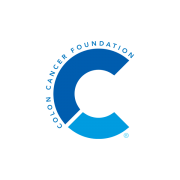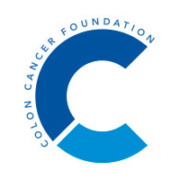Alcohol: Destroying Your Liver and Colon, Increasing Your Risk of Early CRC
By Parker Lynch
In a recent study conducted in Korea, it was found that higher levels of alcohol consumption increase an individual’s risk of early-onset colorectal cancer (early-onset CRC), specifically distal colon and rectal cancers. Using data from the Korean National Health Insurance Service, investigators retrospectively compared the drinking habits of 5.7 million Korean adults (all younger than fifty years old) and their corresponding CRC risk.
The study’s population was split into four groups (after being adjusted for age, sex, smoking status, exercise, income, and comorbidities):
- Nondrinkers (no alcohol consumption)
- Light drinkers
- Moderate drinkers
- Heavy drinkers.
During the mean follow-up period of 7.4 years, there were 8,314 cases of early-onset CRC overall. When being compared with the light drinking group, those in both the moderate and heavy drinking categories had a significantly higher CRC risk, though the most intense discrepancy was demonstrated among men. Among men, there was a:
- 26% increase in risk of distal colon cancer
- 17% higher risk of rectal cancer
- 29% higher risk of unspecified colon cancer when comparing the heavy versus light drinking group.
Among women, there was a:
- 47% increased risk of distal colon cancer among moderate drinkers
- 14% reduced risk of rectal cancer among the light drinkers.
Overall, this study provides strong evidence that higher levels of alcohol consumption can increase one’s risk of early-onset CRC.
What Are the Implications of These Findings?
Although the aforementioned study is limited to generalizability among Korean citizens, its findings are still very important to consider when looking at the diverse American population.
In fact, the dangers of excessive alcohol use and its connection to increased CRC risk are not something that American researchers or doctors are unfamiliar with. In an article published by the Ocean Endosurgery Center, less than half of Americans are even aware that alcohol consumption has an impact on cancer risk at all. Additionally, the official Dietary Guidelines for Americans strongly suggests that men should not consume more than two alcoholic drinks per day, while women should drink no more than one. In terms of what is best for an individual’s health, researchers have determined that people really should only be drinking on special occasions.
Many Americans don’t know this information, and there must be a push for increased education and awareness so that people are able to make informed decisions about their own health. Regardless of whether or not people choose to drink after discovering the risks involved, everyone deserves to know the implications of potential lifestyle choices.
Parker Lynch is a Colorectal Cancer Prevention Intern with the Colon Cancer Foundation.
Photo credit: CHUTTERSNAP on Unsplash






Leave a Reply
Want to join the discussion?Feel free to contribute!